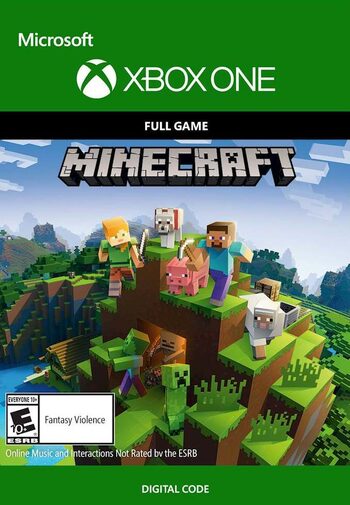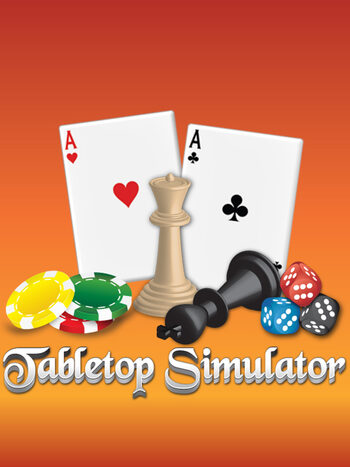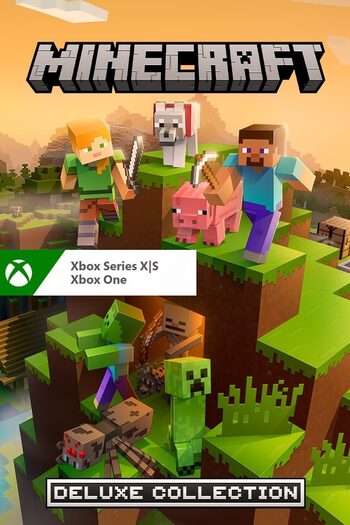- Store
- Educational Games
Educational Games
- Type
- Genres
- Regions
- Clear all
You may also be interested in:
- Xbox Games
- PSN Games
- Games
- Nintendo
- Indie
- Action
- Adventure
- RPG
- Strategy
- Simulation
- FPS/TPS
- Racing
- Sports
- Platform
- Puzzle
- Fighting
- Point-Click
- Arcade
- Hack Slash
- MMO
- Music Games
- Singleplayer
- Multiplayer
- Local Co-Op
- Split Screen
- Third Person
- Side Scroller
- Bird View
- Virtual Reality
- Horror
It’s never too late to learn something new! With educational video games, you will be able to learn a lot, train, and educate yourself in different kinds of topics, including geography, history, languages, or maths. If you feel a hunger for knowledge, then these games are just for you! Get to know this kind of game better with our guide.
What can educational games teach you?
You can learn something new and interesting from every video game, but there are specific titles that emphasize the learning part more. For instance, strategy war games, such as Total War or Age of Empire series can teach you about history, since they are full of various historical references. Another example: the game Civilization can teach you through its in-game encyclopedia. These mentioned games provide simulations of different kinds of human activities that let players explore a variety of social, historical, and economic processes. Take a look at educational subjects that appear in various educational PC games:
- City-building. Explore the social, practical, and economic processes involved in city management. Series such as SimCity and Caesar are the best examples of city-building games;
- Empire-building. Learn about the history and its political, economic, and military aspects with games such as Civilization series and Europa Universalis;
- Railroad management. Get to know the history, engineering, economics, or railroad management with titles such as Railroad Tycoon and Rails Across America;
- Geography. Find various locations on Earth with help of subtle hints with such titles as PlaceSpotting;
- Physics. Get to know complicated physics concepts, such as quantum mechanics and special relativity with Quantum Moves and A Slower Speed of Light titles;
- Trading and commerce. Create and grow a trading empire, while managing acquiring, processing, transporting, and bartering resources in a region with a title such as The Patrician.
Are educational games only for children?
There is a misunderstanding that educational video games are meant only for children, but that is not true. Of course, a lot of these games are made for young audiences, as a means for children to embrace the process of learning through the appealing medium of video games. However, there are a lot of games that can teach serious topics, such as history, trading, physics, geography, and other important subject matters to a wide audience, children and adults included. Overall, educational computer games are for everyone who wants to learn something new or deepen knowledge on certain topics. The best part is that they can be enjoyed by PC and console players alike since there are many PlayStation, Xbox, and Nintendo Switch educational games.
History of educational video games
We present you the most important events of the history of this video game genre:
- The 1960s. The first video game, designed for elementary school students was the early mainframe title The Sumerian Game (1964);
- The 1980s. During this decade, educational games became more popular for these reasons: the video game crash of 1983 caused the market of consoles in the US to collapse. It was gradually replaced by the home computer market, and developers of computer games took it as an opportunity to create learning video games for home computer systems. The idea was to create games that could satisfy both children, adults, and educators. The new term “edutainment” was created for describing a package of software games for the Oric 1 and Spectrum Microcomputers in the UK. Since then, a lot of computer games made by various companies, Electronic Arts included, were labeled as “edutainment”.




